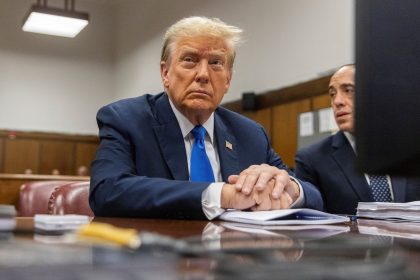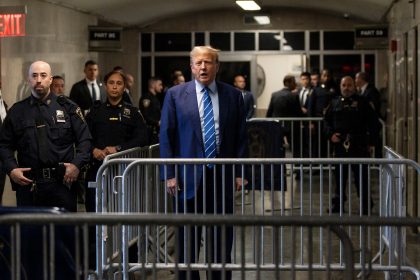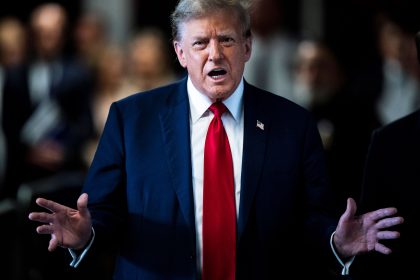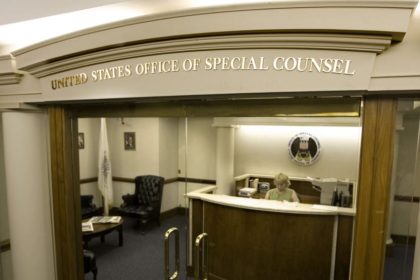Congress Should Reform ‘Standing Doctrine’
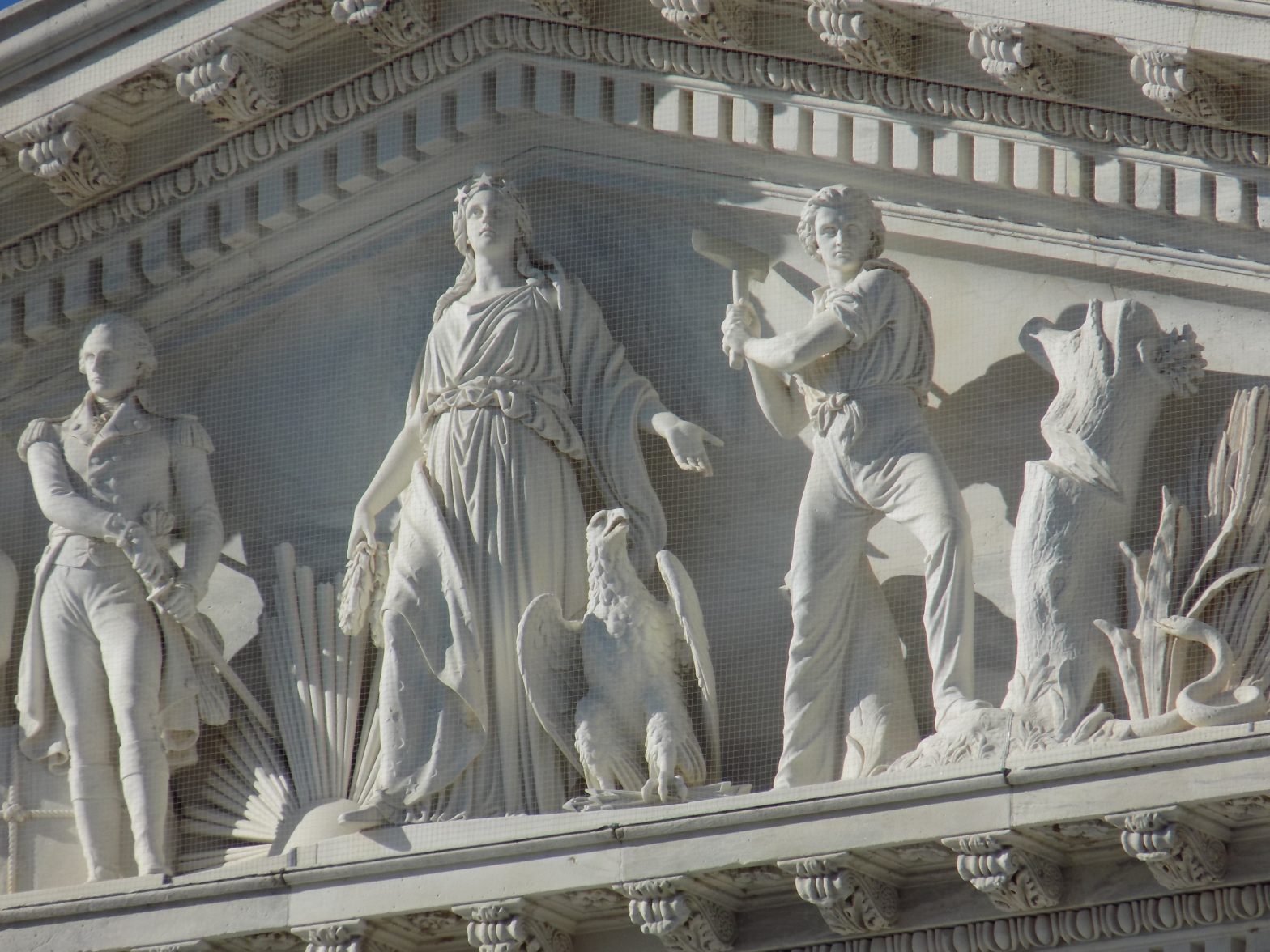
WASHINGTON – A legal barrier meant to protect the separation of powers is delaying and preventing justice by keeping legitimate lawsuits from being decided on their merits, a panel of legal practitioners said on Wednesday, adding Congress should step in to address this issue.
The panel was discussing the “standing doctrine,” a rule which courts use to decide whether they will hear federal lawsuits.
Under Article III of the U.S. Constitution, the courts maintain that to have standing, the plaintiff must pass over a set of barriers before the courts will hear the merits of a federal lawsuit: they must have suffered an injury in fact, that injury must be connected to the defendant’s conduct, and it must be possible to redress that injury through a favorable ruling. Failing to pass over these barriers can result in a case getting tossed out before its merits are even heard.
Getting through the barriers can take years, and certain kinds of injuries are very difficult to prove in this way.
The “intractable” nature of standing doctrine restricts the kinds of cases that law firms are willing to bring, Victoria Bassetti, a Brookings Institution consultant and moderator at the event, said.
In particular, injuries endemic to the modern world are susceptible to inconsistent and incoherent injury and fact tests, she argued. Consequently, the modern standing doctrine doesn’t capture harms such as corruption and emoluments, or privacy injuries and other information harms.
“They are hidden, probabilistic, intangible injuries, mostly stemming from the information society and diffuse public goods… that are at the heart of our democracy,” Bassetti said.
Expending so much energy over standing before getting to the merits of a case delays justice and sometimes outright denies it, Director of the Public Citizen Litigation Group and General Counsel Allison Zieve said.
President of the Citizens for Responsibility and Ethics in Washington Noah Bookbinder described how the standing doctrine delayed them from bringing suits against the Trump administration for emoluments, a prohibition against profiting from interactions with foreign dignitaries, effectively running out the clock on that challenge.
Douglas Letter, a lawyer for the Office of General Counsel for the U.S. House of Representatives, explained how this sort of delay tactic prevented Congress from acting effectively during the Trump administration, as well.
The scope of standing issues has expanded in recent years, becoming a prominent issue in even “garden variety” cases and erecting additional barriers that are hard to get over in practice, Deepak Gupta, founder of Gupta Wessler PLLC, said.
Cases that would have been considered slam dunks a couple of decades ago are getting tossed out of court based on standing doctrine in difficult to predict ways for those looking to bring suits, Zieve said.
In effect, ordinary consumer litigation, especially cases like data breaches, are much more challenging to litigate because the court is unclear about what kind of probabilistic harm is sufficient, Gupta said.
Defenders of modern standing doctrine draw their lineage to conservative judges like Justice Antonin Scalia and argue that standing restrictions help avoid frivolous lawsuits and protect the separation of powers. Some, like former President Donald Trump, have been more critical since standing hurt his litigation against the recent presidential election.
By stepping in Congress could define the notions of what counts as harm, allowing lawsuits to better capture these “hidden” injuries. It could also potentially expand the notion of who could bring cases on behalf of the injured, which might help with cases related to emoluments, effectively expanding “standing,” members of the panel argued.
“Almost everyone we’ve spoken to in pursuing this project seems to agree that standing is a mess, that it’s inconsistent and incoherent, and that navigating standing questions–and winning them– is like trying to hit the jackpot. Sometimes you do, sometimes you don’t, and you can’t really totally tell why you did,” Bassetti said.
The Brookings event, “Access to the courts: Assessing modern standing doctrine and potential reforms,” occurred on Wednesday, March 17. It can be viewed here.

















